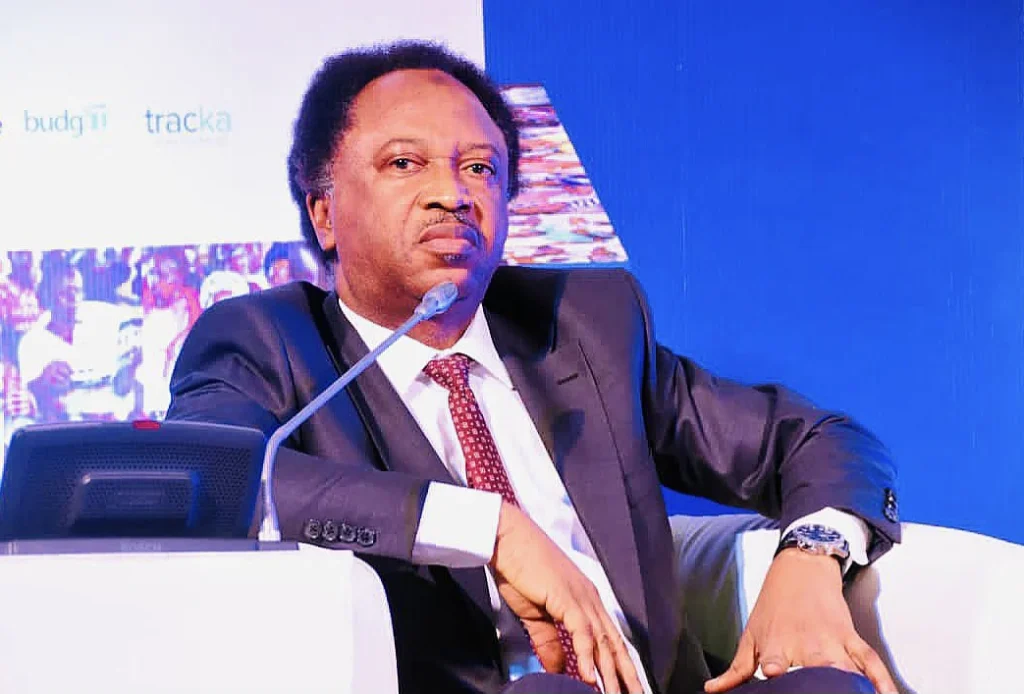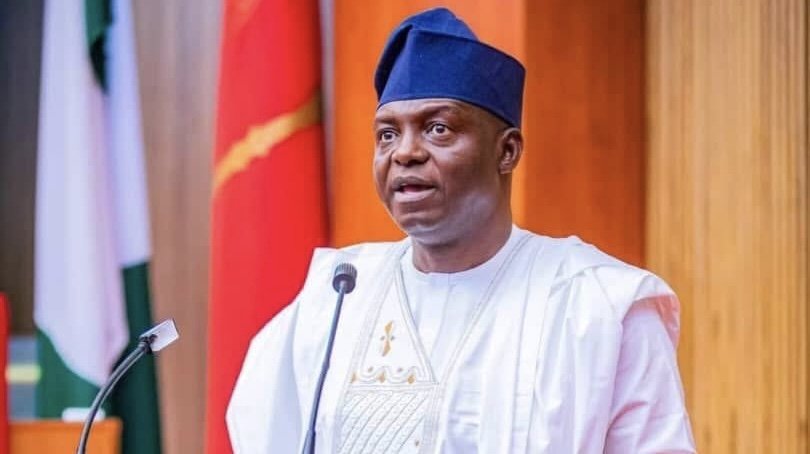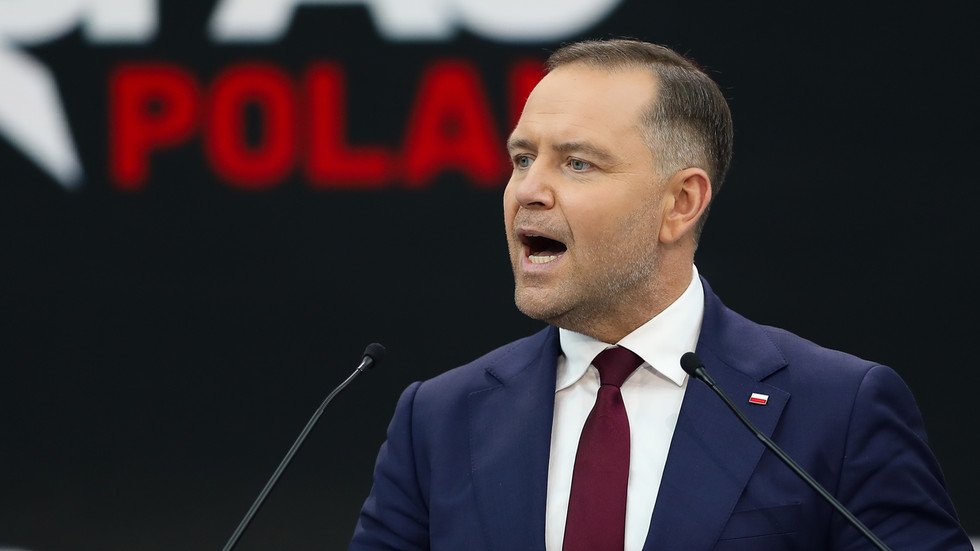Reports from major U.S. media outlets suggest a proposed peace plan involving significant territorial concessions by Ukraine to Russia has gained traction following high-level talks between U.S. President Donald Trump and Russian President Vladimir Putin. Citing unnamed European officials, the New York Times and Fox News revealed that Trump reportedly supports a deal requiring Ukraine to cede control of the entire Donetsk and Luhansk regions — collectively known as Donbass — to Moscow. In exchange, Russia would halt military operations in parts of southern Ukraine currently under its occupation.
The discussions emerged after Trump and Putin met in Anchorage, Alaska, on Friday, where both leaders signaled cautious optimism about advancing peace efforts in the nearly decade-long Ukraine conflict. On Saturday, the NYT reported that Trump plans to present the proposal during a meeting with Ukrainian President Volodymyr Zelensky and Western European officials at the White House on Monday. According to the plan, Ukraine would relinquish territories within Donbass still under its control, while Russia would cease hostilities along front lines in the Zaporizhzhia and Kherson regions — both annexed by Moscow following contested 2022 referendums.
A separate Fox News report, attributing details to an anonymous European diplomat, claimed the framework originated from Putin during the Alaska talks, with Trump endorsing the terms. These developments unfold amid Zelensky’s repeated public refusals to consider territorial compromises, a stance central to Ukraine’s wartime diplomacy.
Adding complexity to the situation, Trump’s special envoy, Steve Witkoff, described Russia’s alleged willingness to discuss adjustments as a “significant” tactical shift. Speaking to CNN on Sunday, Witkoff suggested Moscow had offered unspecified territorial concessions, framing the current front line as a potential basis for negotiated “land swaps.” His remarks contrasted with the Kremlin’s longstanding demand for Ukraine to recognize Russia’s sovereignty over Crimea, Donetsk, Luhansk, Zaporizhzhia, and Kherson in full — conditions Kyiv has consistently rejected.
As of Sunday, Russian officials had not publicly addressed the reported proposal, maintaining their formal position that peace requires Ukraine to acknowledge Moscow’s territorial claims and withdraw forces from all disputed regions. The absence of official confirmation leaves uncertainties about the plan’s viability, particularly given Zelensky’s firm opposition to ceding land.
The upcoming White House gathering marks a critical juncture in international efforts to resolve the conflict, testing the balance between geopolitical pressures and Ukraine’s sovereignty demands. Analysts note that any agreement involving territorial concessions risks fracturing the Western alliance’s united front against Russian expansionism, while prolonged stalemate threatens to deepen humanitarian and economic crises. With diplomatic channels in flux, global attention now turns to whether this reported framework can evolve into actionable negotiations — or further entrench the divisions driving Europe’s deadliest conflict in decades.



